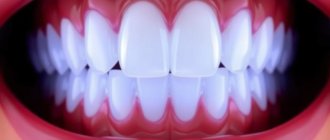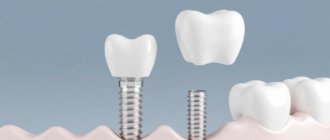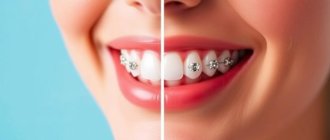When it comes to replacing missing teeth, dentures have been a trusted solution for centuries. Whether you have lost a few teeth or an entire set, dentures offer a practical and often affordable way to restore your smile, improve chewing function, and boost your self-confidence. But if you are new to dentures, the whole process—from choosing the right type to caring for them—can feel overwhelming. This complete guide will walk you through everything you need to know about dentures, helping you make informed decisions and get the most out of your dental restoration.
Содержание
- 1 What Are Dentures?
- 2 Types of Dentures Explained
- 3 Choosing the Right Dentures for You
- 4 The Denture Fabrication Process Step-by-Step
- 5 Caring for Your Dentures
- 6 Common Challenges with Dentures and How to Overcome Them
- 7 Frequently Asked Questions about Dentures
- 8 Maintaining Your Confidence with Dentures
- 9 Innovations in Denture Technology
- 10 When to See a Dentist About Your Dentures
- 11 Costs Associated with Dentures
- 12 Living Your Best Life with Dentures
- 13 Conclusion
What Are Dentures?
Dentures are removable prosthetic devices designed to replace missing teeth and surrounding tissues. They are custom-made to fit your mouth and can be designed for either the upper jaw, lower jaw, or both. Dentures not only restore your ability to eat and speak properly but also support your facial muscles and prevent the sagging that can occur with tooth loss.
There are two main types of dentures:
- Complete dentures: Used when all of the natural teeth are missing.
- Partial dentures: Used when some natural teeth remain, filling in the gaps with artificial teeth.
Each type serves a different purpose, so understanding your specific needs will guide your choice.
Types of Dentures Explained
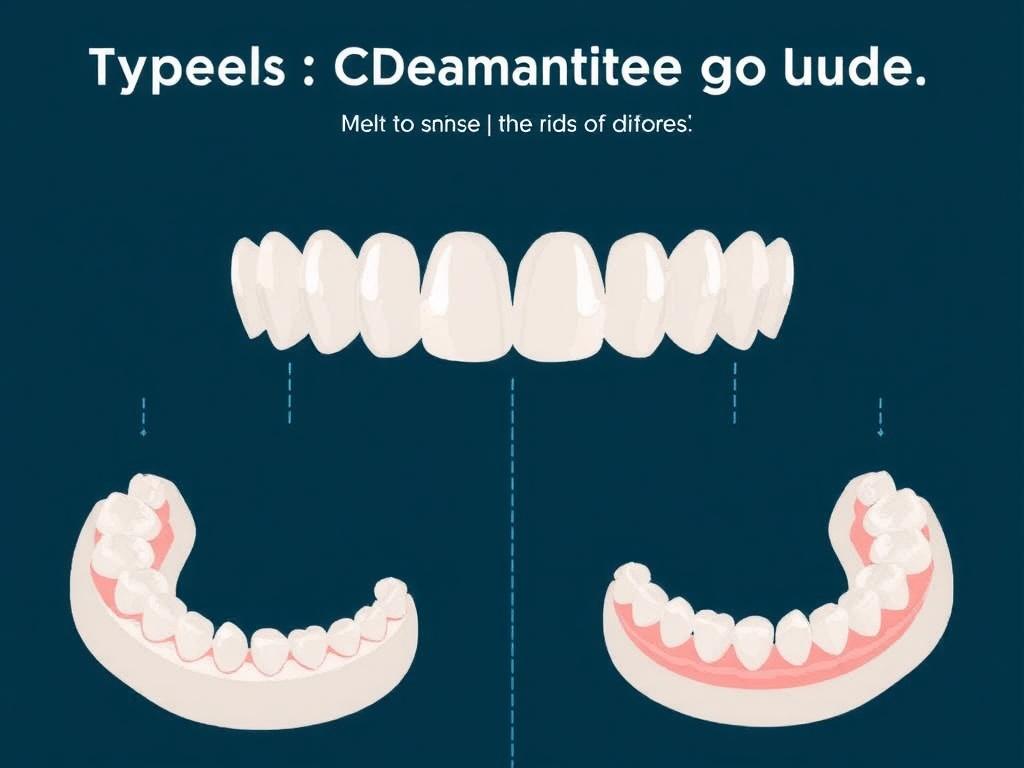
Knowing the differences between various denture options is crucial for finding the best fit and function for your dental health. Let’s break down the types of dentures further:
Complete Dentures
Also called full dentures, these replace all the teeth in either your upper jaw, lower jaw, or both. Complete dentures rest directly on the gums and underlying bone. They are usually made from acrylic resin, and often combined with metal for extra durability in some cases.
Complete dentures can be further divided into two categories:
- Conventional full dentures: Made after all teeth have been removed and the gums have healed, which could take several weeks.
- Immediate dentures: Placed immediately after teeth extraction so you don’t have to go without teeth during healing. However, they require adjustments as the gums shrink.
Partial Dentures
Partial dentures are for patients missing some teeth but still retaining others. These restorations fill the gaps and prevent the remaining teeth from shifting out of place. Partial dentures usually consist of replacement teeth attached to a pink or gum-colored plastic base, which is connected by metal framework that holds the denture in place securely.
Implant-Supported Dentures
With advancements in dental technology, implant-supported dentures have become an excellent alternative for added stability. These dentures are anchored by dental implants embedded in the jawbone, preventing the slipping and shifting common with traditional dentures. This option provides improved chewing efficiency and comfort but requires a surgical procedure and higher initial investment.
Choosing the Right Dentures for You
The process of selecting dentures involves various factors beyond just the number of teeth you need to replace. Let’s look at some considerations to keep in mind when discussing options with your dentist.
1. Your Oral Health
The condition of your gums and jawbone plays a significant role. Healthy gums and sufficient bone are essential for denture stability. If bone loss is significant, additional treatment like bone grafting or opting for implant-supported dentures might be recommended.
2. Budget
Dentures vary widely in cost, from economical, conventional options to premium implant-supported solutions. Discuss your budget openly with your dentist so they can propose the best treatment plan within your means while fulfilling your functional and cosmetic needs.
3. Lifestyle and Comfort
If you lead an active lifestyle or have specific habits and routines, you might prefer certain materials or denture types. For example, some dentures are more durable for individuals who favor a tougher diet, while others prioritize comfort and appearance.
4. Aesthetic Preferences
Modern dentures are designed to look natural, but you should communicate with your dentist about how you want your dentures to appear, including tooth shape, shade, and alignment.
The Denture Fabrication Process Step-by-Step
Getting dentures is a multi-appointment process that usually takes a few weeks. Here’s what you can expect:
| Step | Description |
|---|---|
| Consultation and Exam | Your dentist assesses oral health, discusses needs, and plans the treatment. |
| Impressions | Precise molds of your gums and any remaining teeth are taken to create a custom fit. |
| Bite Registration | The dentist determines how your jaws align to ensure comfort and function with the dentures. |
| Wax Try-In | A preliminary model of dentures is tried in your mouth to check fit, appearance, and bite. |
| Fabrication | Final dentures are crafted in the dental lab based on the approved wax model. |
| Fitting | Final dentures are placed, and adjustments are made for comfort and fit. |
| Follow-Up | Checkups to adjust fit as gums and bone adapt over time. |
Caring for Your Dentures
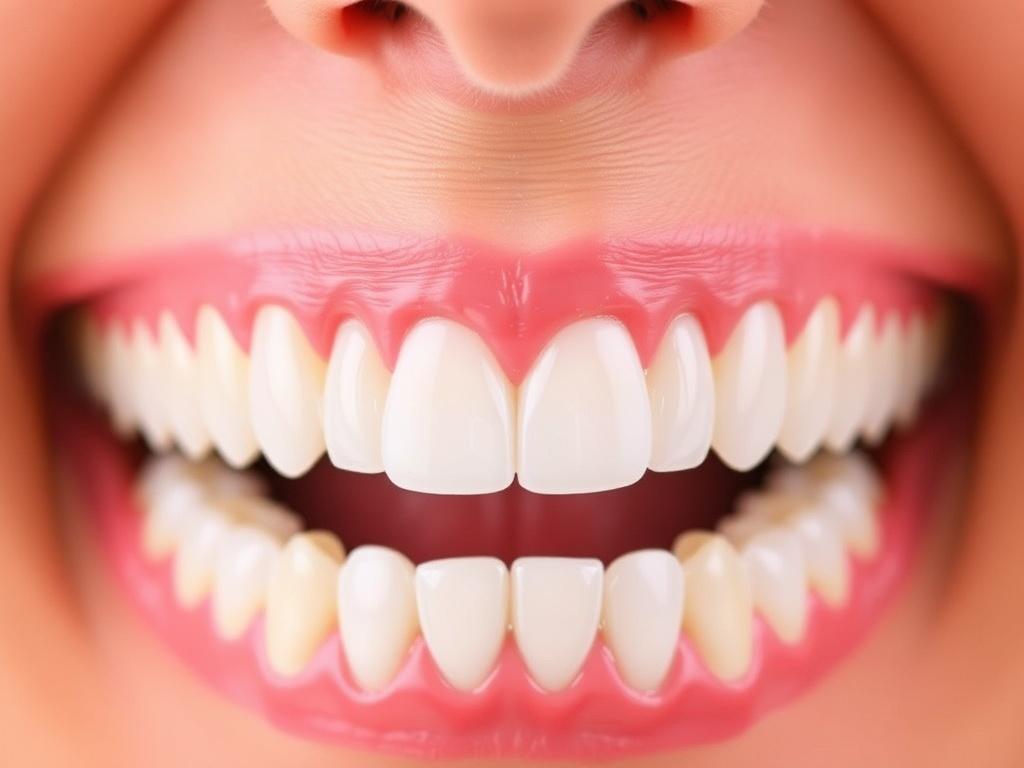
Taking care of dentures properly can extend their lifespan and keep your mouth healthy. Here are some essential tips for denture care:
- Daily Cleaning: Just like natural teeth, dentures accumulate plaque and bacteria. Clean them daily using a denture brush and mild cleanser. Avoid harsh or abrasive cleaners.
- Handle with Care: Dentures are delicate. Handle over a folded towel or basin of water to prevent breaking if dropped.
- Soak Overnight: Most dentures need to be kept moist to maintain their shape. Use a denture-soaking solution or just water.
- Mouth and Gum Care: Clean your gums, tongue, and any remaining natural teeth every day to remove plaque and stimulate circulation.
- Regular Dental Visits: Schedule checkups for professional cleaning, adjustments, and to monitor oral health.
Common Challenges with Dentures and How to Overcome Them
Adjusting to dentures can take time, and many wearers face initial challenges. Here’s what you might experience and how to manage it:
1. Soreness and Irritation
It’s normal for new dentures to cause some mild soreness as your mouth adjusts. If irritation persists, your dentist can adjust the fit. Using denture adhesives might also provide a cushioning effect.
2. Difficulty Speaking
Pronouncing certain words can be tricky at first. Practice speaking out loud, read books, or talk to friends to build muscle memory.
3. Problems Eating
Start with soft foods cut into small pieces. Avoid sticky or hard foods until you feel confident chewing. Chew slowly and evenly on both sides to keep dentures stable.
4. Denture Slippage
If your dentures move or slip, try over-the-counter adhesives or consult your dentist. Implant-supported dentures are an excellent solution if slippage continues.
Frequently Asked Questions about Dentures
| Question | Answer |
|---|---|
| How long do dentures last? | Typically, dentures last from 5 to 10 years depending on care and changes in your mouth shape over time. |
| Can I sleep with my dentures in? | It is generally recommended to remove dentures at night to allow your gums to rest and reduce infection risk. |
| Will dentures affect my taste? | Some people notice mild changes, but most adapt over time and regain their sense of taste. |
| Are dentures covered by insurance? | Coverage varies; some dental plans partially cover dentures while others may require out-of-pocket payment. |
| Can dentures be repaired if broken? | Minor repairs are possible, but major damage often requires replacement. |
Maintaining Your Confidence with Dentures

Beyond the functional benefits, dentures can profoundly impact your self-esteem and social life. Tooth loss can affect your willingness to smile or speak freely, but dentures help restore your confidence. Sharing experiences with others and maintaining a positive attitude during the adjustment helps tremendously. Remember, your dentist and support team are there to help you through every step.
Innovations in Denture Technology
The field of prosthodontics is continuously evolving. Some exciting advances to be aware of include:
- Digital Dentures: Use of 3D scanning and printing technology allows more precise impressions and quicker fabrication.
- Flexible Dentures: Made from softer materials for better comfort and fit, especially for partial dentures.
- Implant-Retained Dentures: Offering improved retention without the need for full fixed bridges.
Staying informed about these options can help you ask the right questions and choose treatment that aligns with your goals.
When to See a Dentist About Your Dentures
Regular dental appointments are critical when using dentures. You should also seek professional advice if you experience any of the following:
- Persistent pain or discomfort that doesn’t improve after initial adjustment
- Loose dentures that shift frequently
- Sores, redness, or inflammation in the mouth
- Cracks or chips in dentures
- Difficulty biting or chewing despite using dentures
Timely interventions mean less discomfort and longer denture lifespan.
Costs Associated with Dentures
Denture prices vary based on type, materials, and geographic location, but here’s a general breakdown:
| Denture Type | Estimated Cost Range (USD) |
|---|---|
| Complete conventional dentures | $600 – $2,500 per arch |
| Partial dentures | $300 – $2,000 per arch |
| Implant-supported dentures (per implant) | $1,000 – $3,000 |
Remember, some costs include extractions, exams, and follow-ups, so discuss everything upfront.
Living Your Best Life with Dentures
Embracing dentures means taking an active role in your oral health, lifestyle, and confidence. Eating nutritious foods, maintaining hygiene, visiting your dentist regularly, and staying positive makes a significant difference. Modern dentures are designed to look and feel natural—giving you back more than just your smile but the freedom to live without hesitation.
Conclusion
Dentures are a valuable solution for anyone facing tooth loss, offering restored function, appearance, and confidence. Understanding the different types of dentures, the fabrication process, and proper care empowers you to make the right decisions for your oral health. While challenges may arise during the adjustment period, patience and support will help you adapt seamlessly. From traditional full dentures to cutting-edge implant-supported options, modern dentistry offers a variety of choices tailored to each individual’s needs and budget. Ultimately, dentures not only improve your ability to eat and speak but dramatically enhance quality of life, reminding us all that a bright, healthy smile is never out of reach.


